
The Brent Spar Incident
By Storybird

26 Dec, 2023

The Brent Spar, an oil storage and tanker loading buoy, floated ominously in the North Sea. Operated by Shell UK, it was a symbol of the industrial era, a giant metallic behemoth in the cold, grey waters.
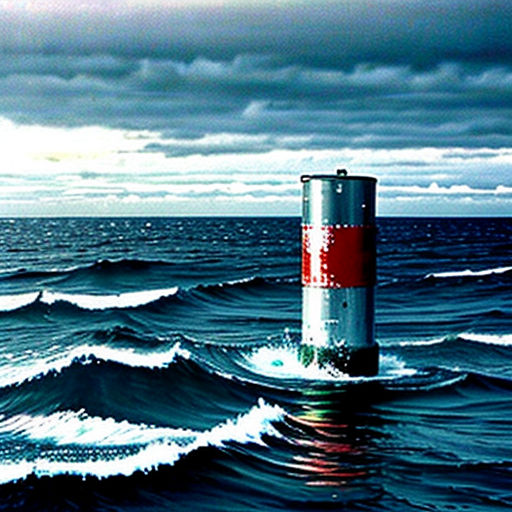
By 1991, Brent Spar had fulfilled its purpose and Shell UK proposed to dispose of it in the deep Atlantic waters. This plan, though controversial, had the initial backing of the British government.

Greenpeace, an environmental organization, caught wind of the disposal plan. They were vehemently opposed, foreseeing the potential environmental impact.
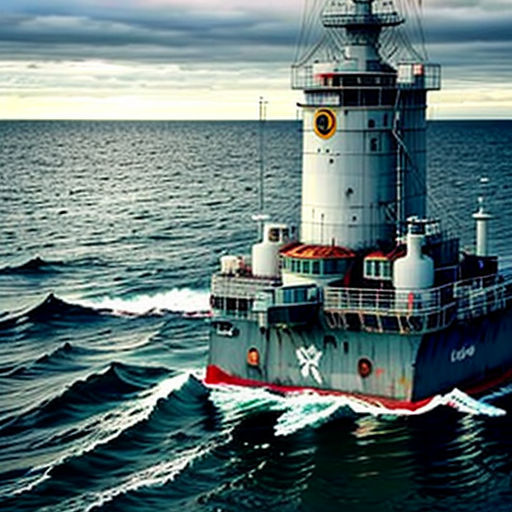
Greenpeace activists occupied Brent Spar, turning it into a platform for their high-profile media campaign against Shell. Their message was clear: the disposal plan was environmentally irresponsible.

As the media broadcasted images of the activists occupying the Brent Spar, public sentiment began to sway. The previously unknown buoy became a symbol of environmental struggle.

The crisis escalated as a widespread boycott of Shell products began. People across the globe started to voice their disapproval, siding with Greenpeace over the controversial disposal plan.

Shell properties became targets for violent incidents. Protesters vandalized gas stations and offices, showing their anger and frustration at the perceived irresponsibility of the company.

The pressure wasn't just domestic. International political pressure mounted on the British government and Shell. The disposal plan was now a global issue, not just a domestic one.

Shell was left with no other option but to respond. The company was forced to abandon its sea disposal plan due to the public backlash and began considering alternative methods.

The crisis had forced a change in Shell's strategy. No longer was it just about the most efficient method of disposal, but also about environmental responsibility and public sentiment.

After a lengthy deliberation, Shell made the decision to repurpose Brent Spar. The buoy would be used in the construction of new harbor facilities in Norway.

This decision was met with relief and applause from the public. The crisis had been averted, and Brent Spar would not meet its end in the depths of the Atlantic.

Greenpeace, however, had to face the consequences of its campaign. The organization had spread misinformation about the amount of oil still present in Brent Spar, and had to issue a public apology.
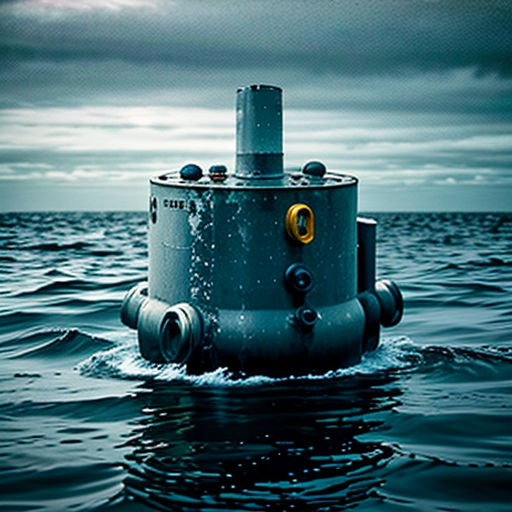
The Brent Spar incident had a significant long-term impact. It led to changes in the policies for offshore installation disposal, ensuring such an incident would not occur again.

Public awareness about the importance of corporate environmental responsibility soared. The incident served as a stark reminder of the potential environmental impact of industrial activities.
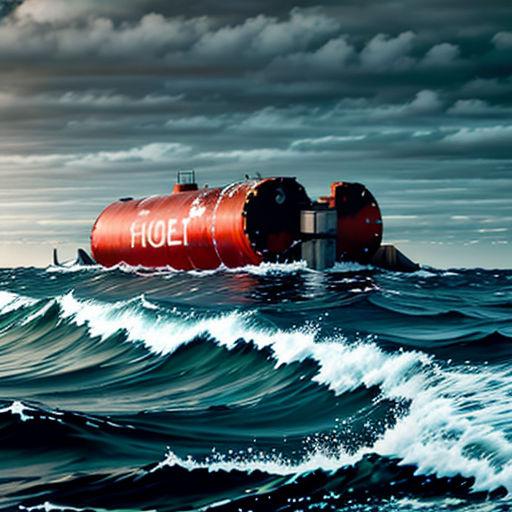
Today, Brent Spar serves as a symbol of change. It stands as a testament to the power of public sentiment, and the importance of corporate responsibility towards the environment.

The incident proved that corporations can be held accountable for their actions. It showed that, when united, the public can effect change and protect the environment.

The Brent Spar incident also reshaped the way environmental organizations approach their campaigns. It underscored the importance of accurate information and responsible campaigning.

In the end, the Brent Spar incident was a turning point. It was a lesson learned for corporations, governments, and environmental organizations alike.

It was also a testament to the power of the media in shaping public sentiment and influencing corporate decisions. The images broadcasted from Brent Spar became iconic symbols of environmental struggle.

Looking back, the Brent Spar incident serves as a reminder of the delicate balance between industrial progress and environmental responsibility.
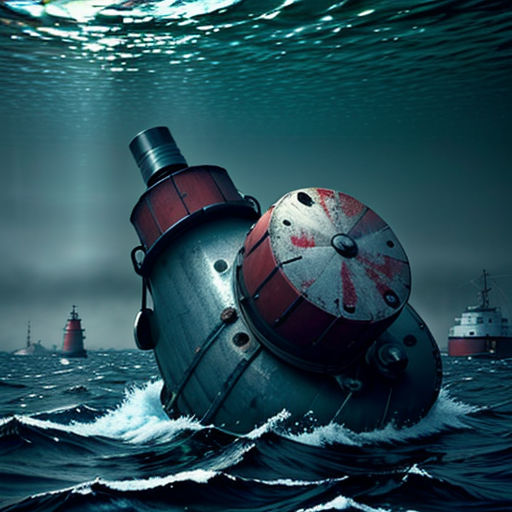
It shows that even the most seemingly insignificant structures, like Brent Spar, can become the center of global attention and change the course of history.

Today, the story of Brent Spar continues to inspire environmental activists worldwide. It stands as a symbol of resistance, a beacon of hope, and a reminder of the power of collective action.

The Brent Spar incident has left an indelible mark on history. It has forever changed the way we perceive corporate responsibility, and its lessons continue to echo in our collective consciousness.

Ultimately, the Brent Spar incident was a pivotal moment in environmental history. It was a catalyst for change, a turning point in our relationship with the environment, and a lesson for future generations.